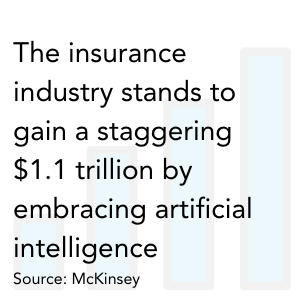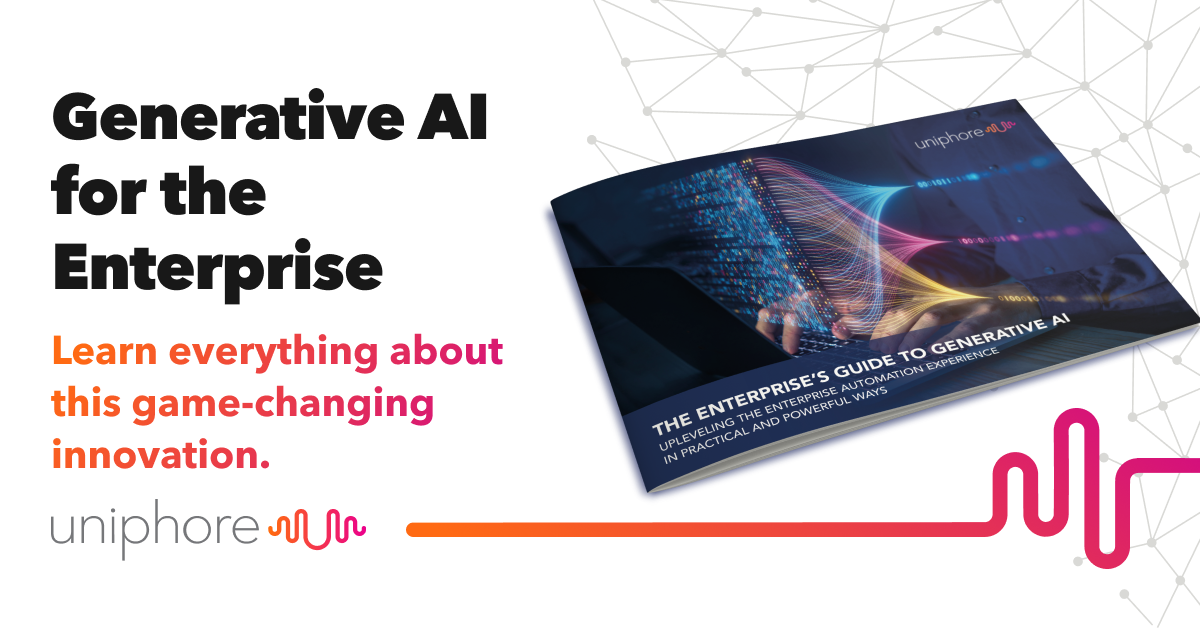According to McKinsey, the insurance industry stands to gain a staggering $1.1 trillion by embracing Artificial Intelligence. Most insurers today are pandemic-proofing their policies. Another development underway is the use of AI and automation to boost employee productivity and enhance customer service. Conversational AI can redefine the insurance industry and bridge the gap between customer expectations and service delivery. Let us now find out how.

Insurers can trust sufficiently sophisticated AI chatbots to take on the mantel of the always-on customer service channel. Conversational AI-based virtual agents can familiarize customers with various insurance policies and rank them based on customer needs. Intelligent bots can ask the right questions and understand the customer’s needs and expectations. Thanks to Natural Language Understanding, machines can now pinpoint the customer’s real intent based on their responses. The chatbots can also recommend the best policies based on the customer’s profile, risk assessment, and the type of cover needed.
How to Build a Superior Customer Support Model
Due to the complexities surrounding insurance policies, insurers spend ample time and money to keep customer support up-to-date. With AI-based tools and natural language processing, it is possible to create structured responses based on past customer interactions and requests. Sample historic query resolutions can serve as a guideline to automate FAQs using AI and automation. Conversational AI can handle and scale multiple customer-facing processes. AI-based platforms like Conversational Automation (CA) can seamlessly integrate the front-end with the backend to build a superior customer support model.
Another focus area for conversational AI in the insurance industry is augmenting human capabilities. AI-based platforms can help human agents with the necessary real-time assistance, knowledge bank support, automate after-call work (ACW) and ensure that the agents comply with the regulations and disclosure norms set forth by various governing bodies. Thus, automating mundane tasks can render the agents free to do what they do best – empathize with the customers. Top insurance players are already implementing the hybrid workforce model of human and digital agents, fostering improved throughput, efficiency, and service delivery.
Use Cases for Conversational AI in Insurance
Conversational AI can be used for insurance underwriting and fraud detection. Using text analytics based on NLP, it is possible to scan for red flags and ambiguities and quantify the risks that can be undertaken by the insurance company. That way, it is possible to make the process of insurance underwriting almost an exact science. It helps predict the precise premiums based on past risk assessments, making it a win-win situation for the insurer and the customers.
Claims management can also be made more efficient and faster thanks to conversational AI tools analyzing historical claims reports and generating structured data sets. All this can then help to optimize claims management. AI can also do the necessary user authentication, ask sample questions to determine how best to take the customer claims to their logical conclusion.
Apart from these apparent benefits, there are other lesser-known benefits of conversational AI in the insurance industry. Building the right insurance products by listening to millions of hours of customer conversations is not far-fetched. Neither is improvising marketing and sales of insurance policy coverage based on customer feedback implausible.
Get in touch with Uniphore to learn how conversational AI can help your insurance company now!
